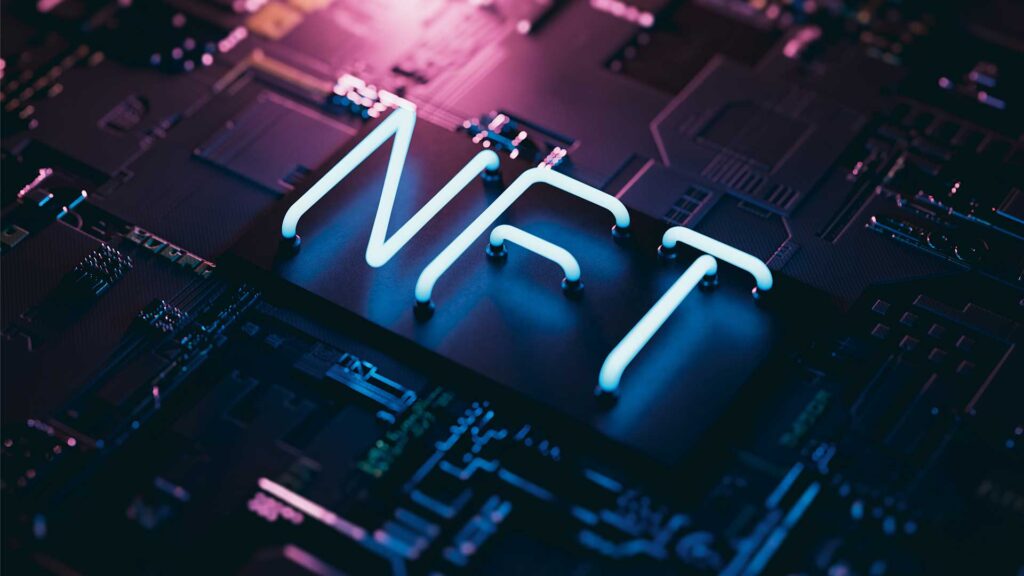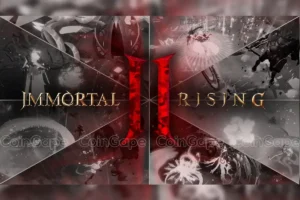Could Your Book Become an NFT? – A Comment from The Bookseller

One of the things I appreciate about physical books is the way they are shared. Whether through gifting and trading books with friends or acquiring old library books with original borrower stamps, the sharing aspect adds to their charm. While I mainly read physical books, I also appreciate that digital books have a broader reach worldwide.
Over the years, I have authored several books that have been translated into multiple languages. Working with publishers like Bloomsbury and Kogan Page has been a great learning experience for me. Their expertise and support in my early writing days were invaluable, as they helped me gain the confidence and experience needed to publish and promote books using new technologies.
My interest in digital networks, communication, and blockchain has grown over the years. The emergence of blockchain technology, with its unique features, has been both fascinating and exciting for me. That’s why I decided to release the first edition of my latest book, Web of Value, as an NFT [non-fungible token]. This decision was driven by my desire to utilize this innovative technology to create books as exclusive, limited edition pieces that offer authorship, ownership, and provenance within the technology itself.
Web of Value delves into the history and philosophy of blockchain, showcasing its practical applications and the unconventional ideas behind its adoption. With blockchain, networks are established where the original creator of work can be traced, intellectual property can be securely embedded, and owning a digital product truly means possessing it.
An NFT, or non-fungible token, is a digital asset that comes with unique cryptographic coding that ensures it cannot be duplicated. Essentially, it’s a digital token with a distinct fingerprint and key that can represent various digital items such as art, books, music, or even event tickets. The full text of Web of Value is securely stored on a peer-to-peer network, accessible only to those with one of the 300 unique digital keys.
By releasing a book as an NFT, there are numerous benefits and opportunities:
New Royalty Models
Author royalties can be automatically embedded in each unique copy, ensuring authors receive a percentage of sale prices from all third-party NFT re-sales. This simplifies the royalty process and empowers authors and publishers by allowing them to dictate distribution and royalty rules within the book’s code.
Censorship Resistance
Blockchain networks are highly resistant to censorship, offering authors protection from unwanted tampering. The encrypted and immutable nature of NFTs ensures that the content remains unchanged, allowing for uncensored work to be distributed securely.
Peer-to-Peer Connection
NFTs facilitate direct connections between authors and readers, providing new avenues for engagement. Some creators have leveraged NFTs to offer unique experiences to holders, such as special events or early access to new works.
Provenance
Every trade, sale, or transfer of an NFT is recorded on the blockchain, creating a transparent chain of ownership for digital books. This record ensures each book’s history is traceable back to the original owner, making each copy unique and valuable.
Despite the advantages, there are challenges in adopting this new technology. Publishing books is already a complex process, and integrating new technologies may not be suitable for everyone.
For me, integrating blockchain technology into my book was a way to explore and understand its evolution. By releasing Web of Value as an NFT, I aimed to connect with readers and showcase the potential of blockchain technology in publishing.
Amelie Lasker from Alexandria Books highlights the challenges facing publishers in adopting web3 technologies. As the landscape continues to evolve, there are both challenges and opportunities in reshaping traditional publishing systems.
As a technology writer, my advice is to embrace the technology you believe in. The relationship between people, technology, and culture is evolving, and the success of any technology ultimately depends on its integration within society.
Source link
#Bookseller #Comment #book #NFT





